Persian People
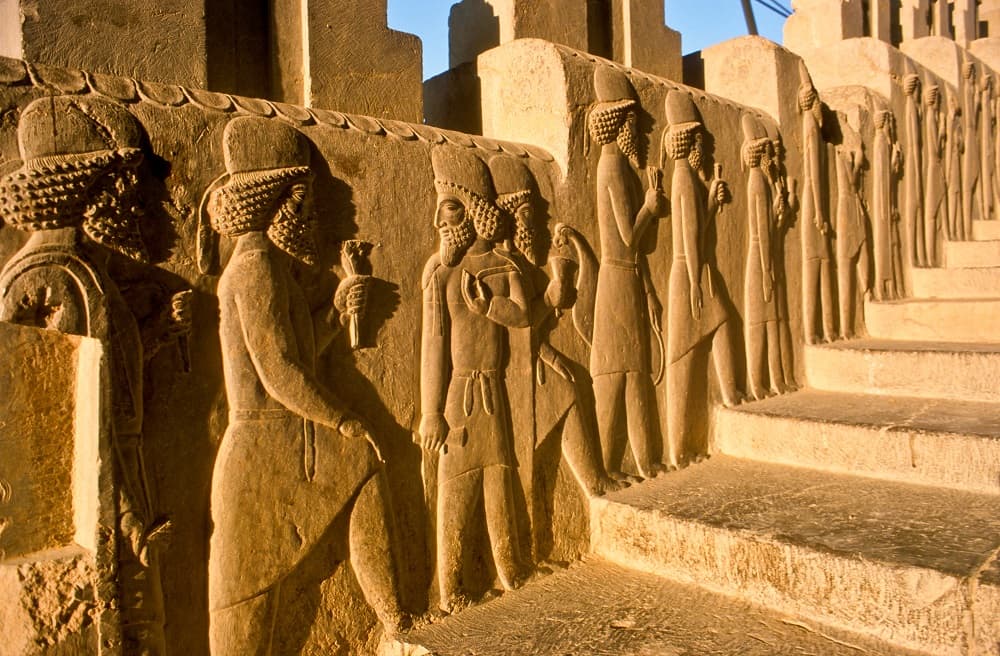
- Persis Collection
- 5 May 2018
- Blog
- 4 minutes
The Persian people, originating from the vast and historic land of Iran, are known for their rich cultural heritage, which dates back thousands of years. This article aims to explore the multifaceted aspects of Persian culture, delving into its history, traditions, art, and influence on the modern world.
The Historical Significance of Persia
The history of Persia is a mosaic of conquests, dynasties, and empires. It began with the establishment of the Elamite kingdoms in 2800 BCE and reached its zenith during the Achaemenid Empire (550–330 BCE), founded by Cyrus the Great. This era was marked by significant developments in administration, architecture, and the arts, setting precedents for subsequent empires.
Iran, a country with a tapestry as rich and diverse as its history, stands as a testament to the enduring legacy of Persian culture. This article delves into the various aspects of Iranian and Persian identity, shedding light on the origins, beliefs, language, and notable figures that have shaped this vibrant culture.
Where is a Persian Person From?
At the heart of the Middle East lies Iran, the modern-day cradle of Persian culture. Historically known as Persia until 1935, Iran is home to one of the world’s oldest continuous major civilizations, with historical and urban settlements dating back to 7000 BC. The term “Persian” refers to individuals originating from Iran, embodying a rich cultural heritage that has influenced countless aspects of art, architecture, music, and literature worldwide.
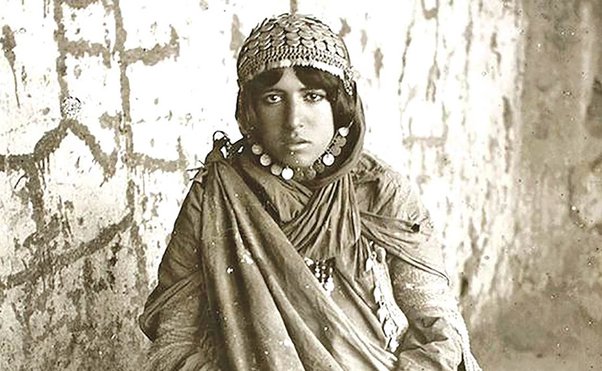
What Religion are Persian People?
Iran is predominantly Shia Muslim, a branch of Islam that has deeply influenced Persian culture and society. While Islam is the most practiced religion, the country’s complex religious tapestry also includes Sunni Muslims, Zoroastrians, Christians, Jews, and Bahá’í, each contributing to the multifaceted religious landscape of Iran. This diversity is a testament to the Persian ethos of tolerance and multiculturalism.
How Many People Speak Persian?
Persian, or Farsi, is the lingua franca of Iran, spoken by approximately 70 million people as a first language and by another 50 million as a second language. Persian holds the status of being one of the world’s oldest languages still in use today, with a literary tradition dating back over 1,000 years. Its influence extends beyond Iran’s borders, reaching parts of Afghanistan (where it is known as Dari) and Tajikistan (where it is referred to as Tajiki).
Are Persian Cats from Persia?
The elegant Persian cat, known for its long, luxurious coat and calm demeanor, indeed traces its origins back to Persia. These cats were brought to Europe in the 17th century, where they quickly became an aristocratic favorite. Today, they remain one of the most popular cat breeds globally, embodying the grace and mystique of their ancestral homeland.
Is Everyone in Iran Persian?
While Persians constitute the majority ethnic group in Iran, comprising about 61% of the population, the country is a mosaic of ethnicities. This includes Azeris, Kurds, Lurs, Baloch, Arabs, and Turkmens, among others. Each group brings its own unique traditions, languages, and cultural practices, contributing to the rich diversity of the Iranian national identity.
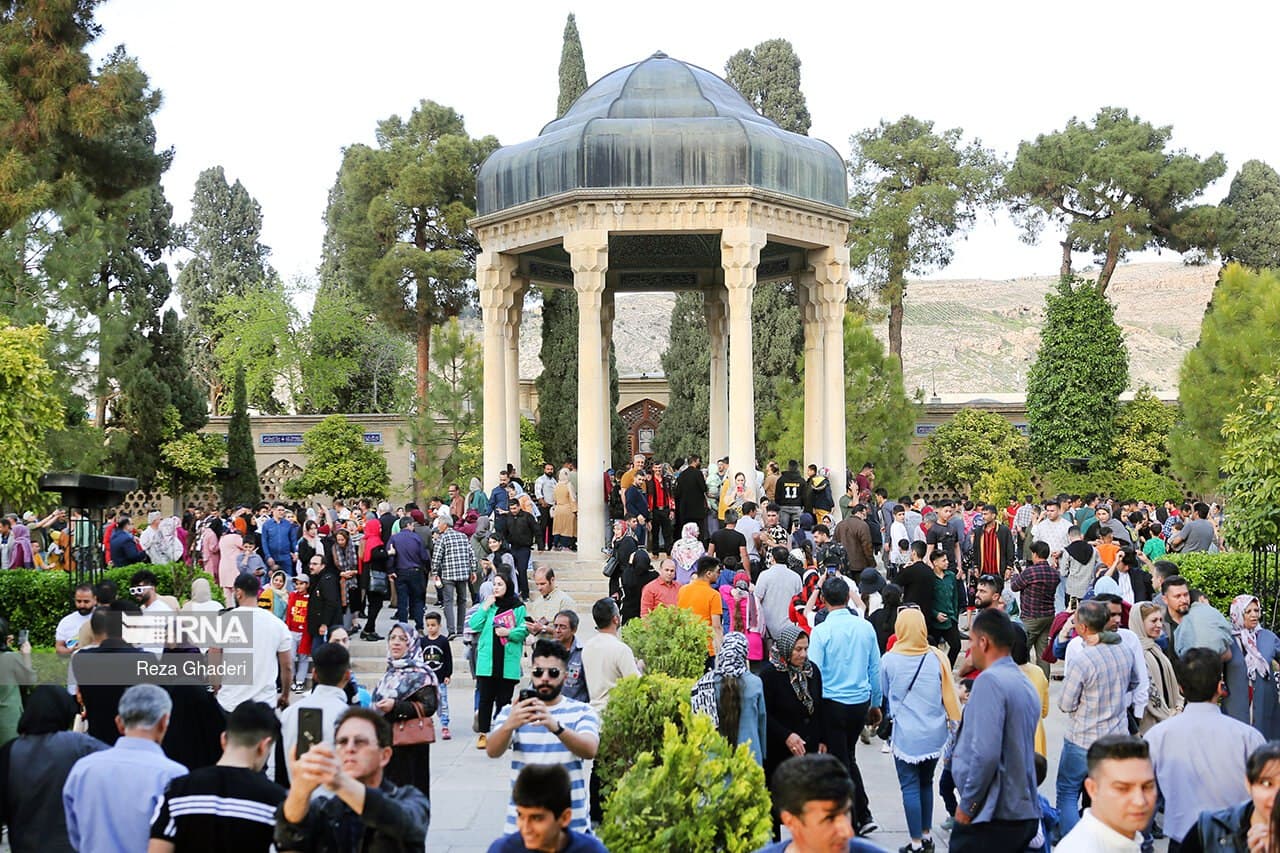
Persian Famous People
Throughout history, Persians have made significant contributions to various fields, including science, philosophy, poetry, and art. Notable figures include:
- Cyrus the Great, founder of the Achaemenid Empire, known for his humanitarian rule and the Cyrus Cylinder, considered the first charter of human rights.
- Rumi, a 13th-century poet and Sufi mystic, whose works transcend national and ethnic borders, continuing to inspire millions worldwide.
- Avicenna, a polymath who made significant contributions to medicine, philosophy, and science, whose works were standard texts in the universities of Europe for centuries.
- Shirin Ebadi, the first Iranian and first Muslim woman to receive the Nobel Peace Prize, for her efforts in promoting human rights, especially those of women, children, and political prisoners in Iran.
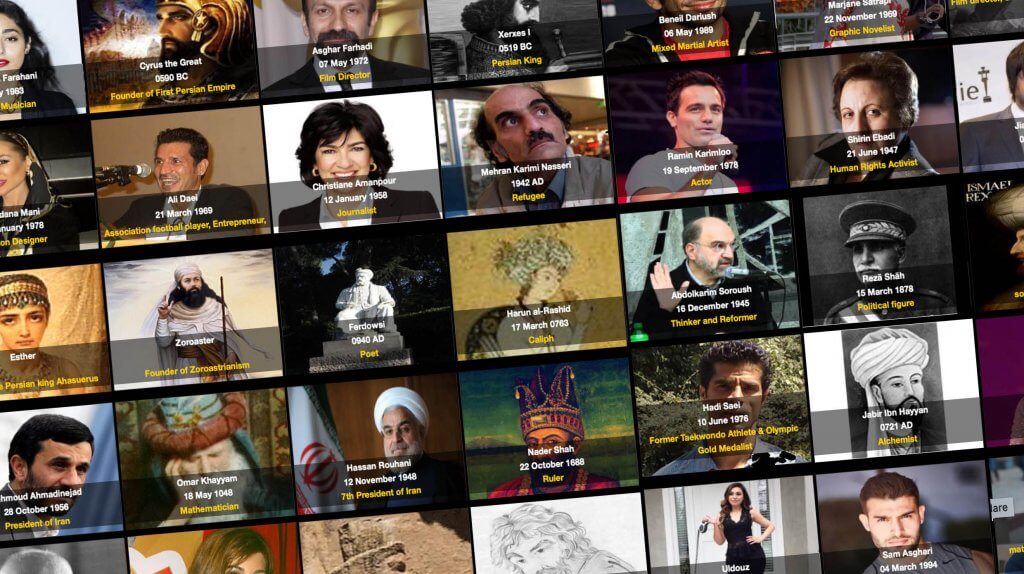
The Achaemenid Empire
The Achaemenid Empire was a model of ancient governance. It was renowned for its efficient administrative system, with satrapies (provinces) and a royal road system that facilitated communication and trade. The empire’s emphasis on tolerance and respect for different cultures under its rule was revolutionary for its time.
Cultural and Artistic Flourishes
Persian culture is renowned for its artistic achievements. The ancient Persians were masterful architects, evident in structures like Persepolis and the Mausoleum of Cyrus the Great. Persian miniature painting, calligraphy, and poetry, with luminaries such as Rumi and Hafez, have made significant contributions to world literature.
The Splendor of Persian Literature
Persian literature stands as a testament to the intellectual richness of the Persian people. Works like Ferdowsi’s “Shahnameh” (The Book of Kings) not only chronicle Persian history but also preserve the linguistic purity of the Persian language. Poetry, a revered art form, has been instrumental in expressing philosophical, mystical, and ethical themes.
The Influence of Persian Culture in Modern Times
Persian culture continues to influence the modern world. Its impact can be seen in diverse fields such as architecture, where the use of intricate tile work and symmetrical design has been adopted globally. In cuisine, dishes like kebabs and rice pilafs have become staples in many countries, showcasing Persian culinary ingenuity.
Festivals and Traditions
Traditional Persian festivals such as Nowruz (the Persian New Year) and Yalda Night celebrate both ancient customs and the natural world. These festivals, deeply rooted in Zoroastrianism, Iran’s pre-Islamic religion, emphasize values like family bonding, renewal, and the triumph of good over evil.
The Essence of Persian Hospitality
Hospitality is a cornerstone of Persian culture. The concept of ‘taarof,’ an intricate system of politeness and courtesy, dictates social interactions and exemplifies the Persian emphasis on respect and kindness towards others, both in personal and professional settings.
Contemporary Persian Society
Modern Persian society is a fascinating blend of traditional values and contemporary aspirations. Despite facing political and social challenges, Iranians continue to celebrate their heritage while embracing modernity, evident in their vibrant arts scene, burgeoning tech industry, and active civic participation.
In conclusion, the Persian heritage, with its profound cultural, linguistic, and historical significance, continues to be a beacon of civilization and enlightenment. The legacy of Persian culture, characterized by its contributions to the arts, science, and philosophy, not only defines the identity of millions of Iranians but also enriches the global cultural landscape.
The Persian people, with their rich history and vibrant culture, continue to make significant contributions to the global tapestry. Their legacy, embodied in art, literature, and a distinct worldview, resonates with people worldwide, underscoring the universal appeal of Persian culture.

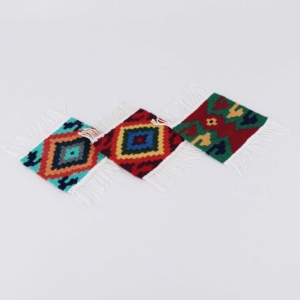 Persian Kilim Coasters Set of 3
Persian Kilim Coasters Set of 3 




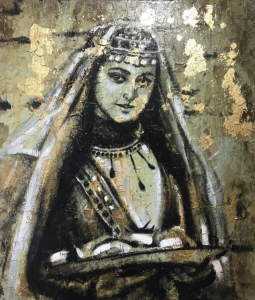
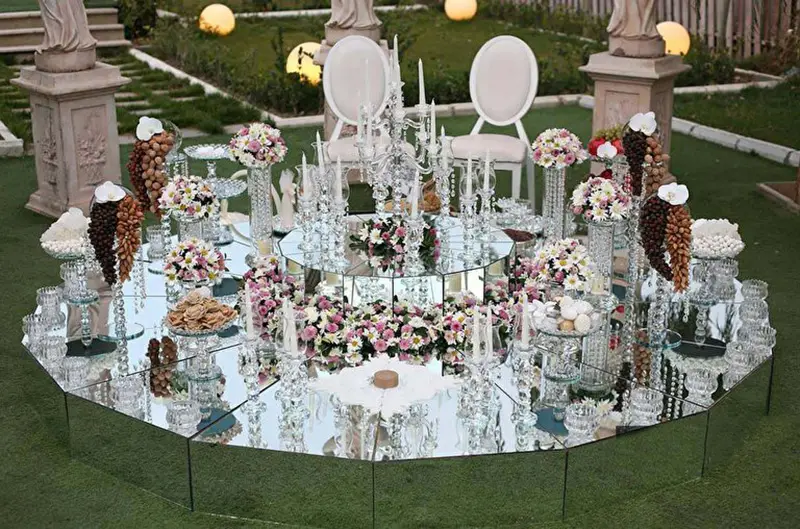
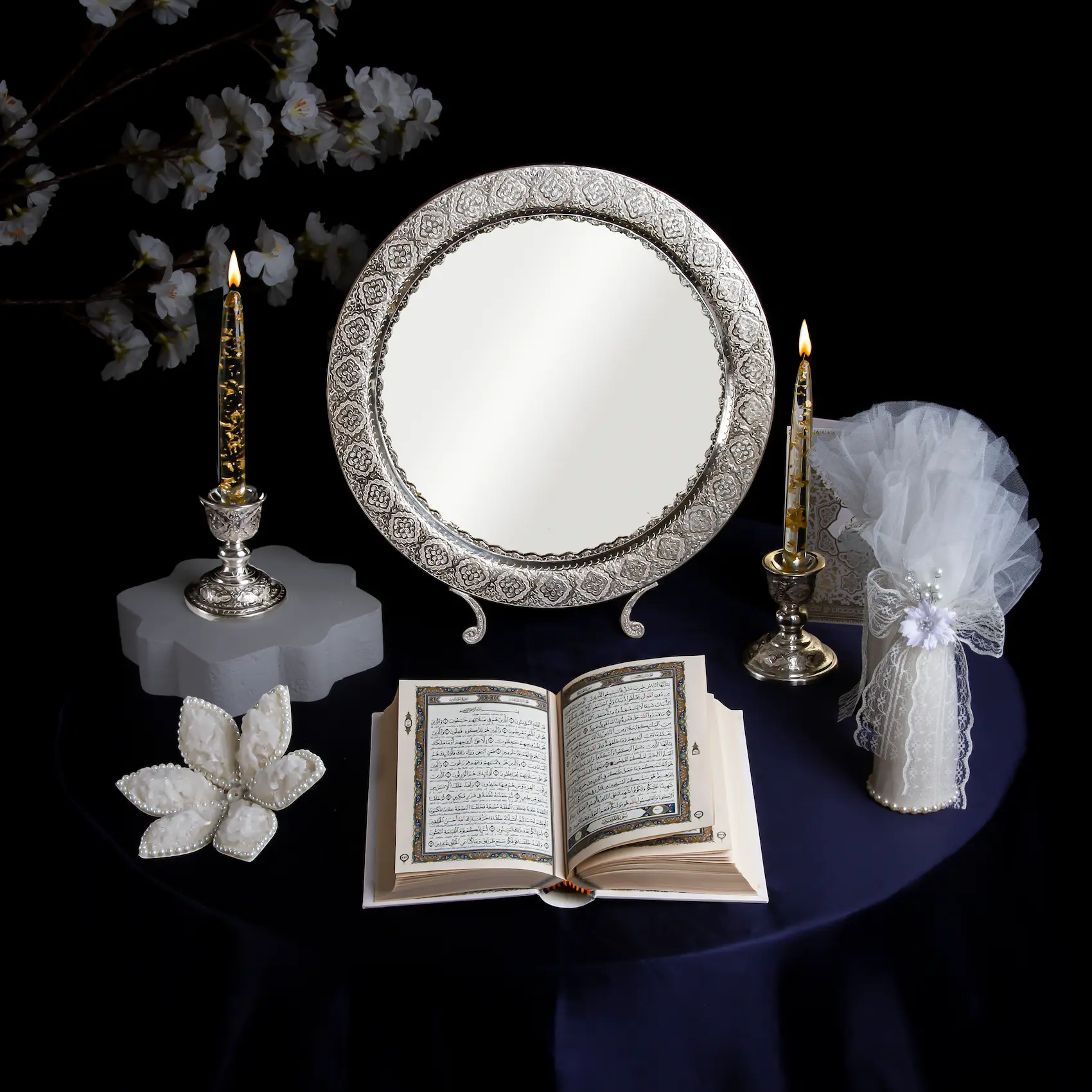
Comments
Farzin
Help full information
Persis Collection
Hello dear <strong>Farzin</strong>, What information do you need?